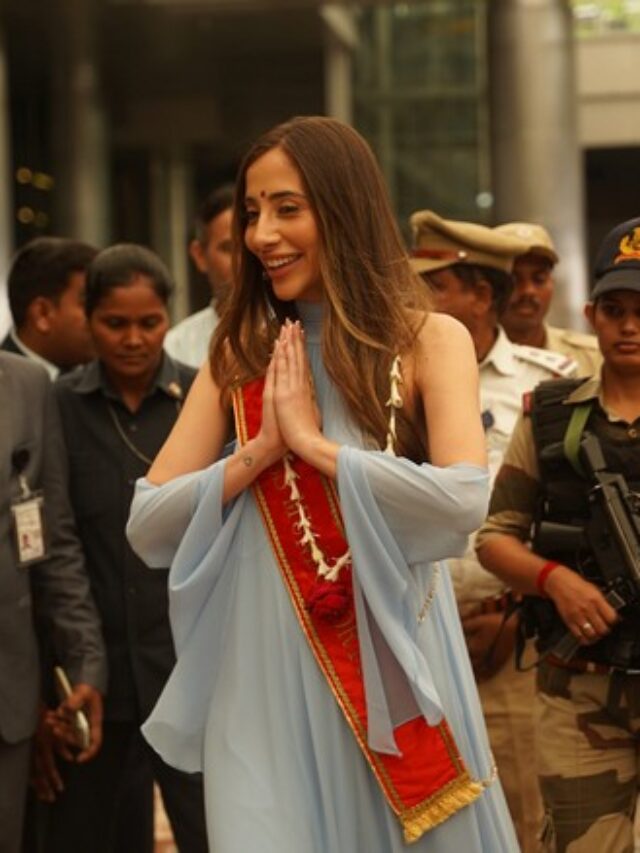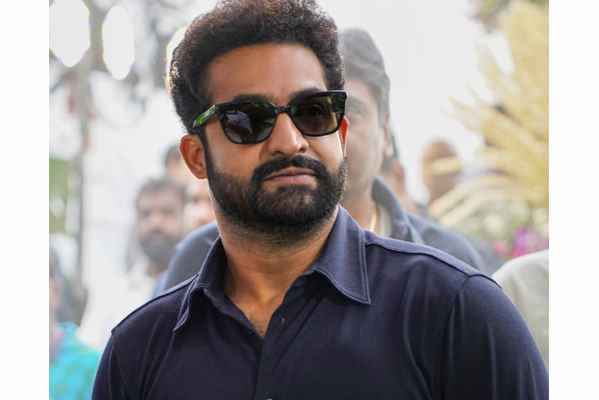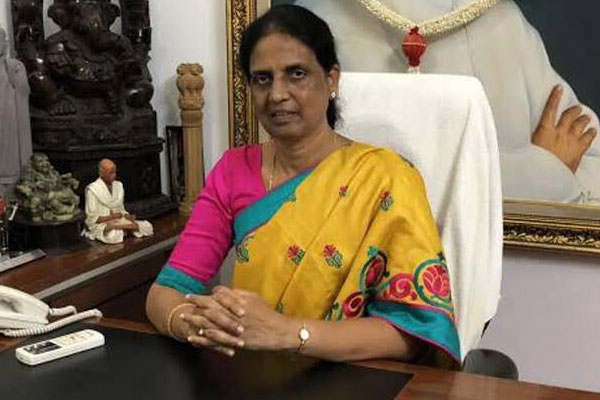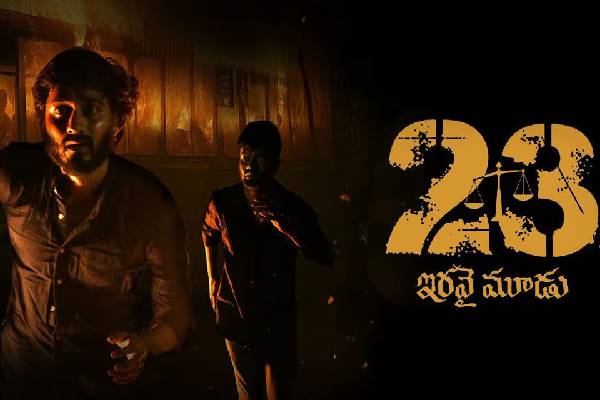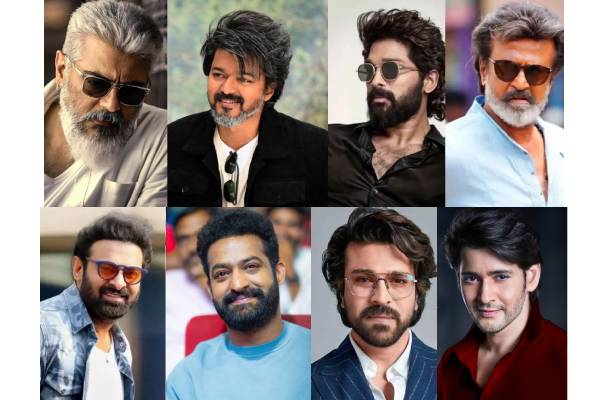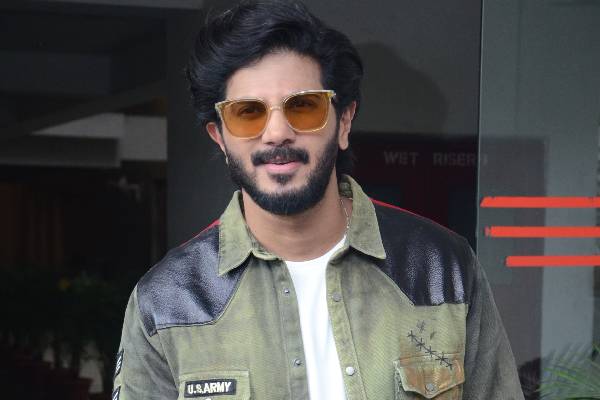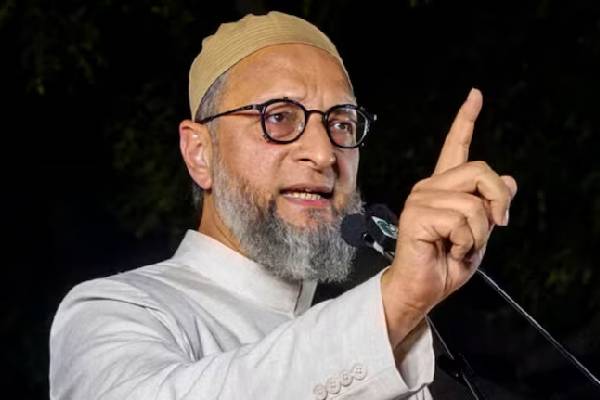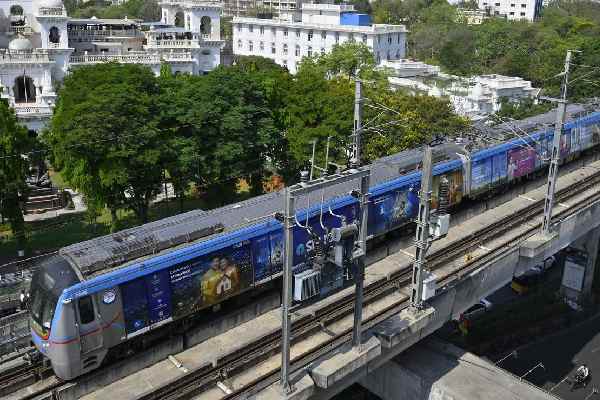All India Majlis-e-Ittehadul Muslimeen (AIMIM) president Asaduddin Owaisi criticized the Waqf (Amendment) Act, 2024 and called for a countrywide protests at a protest rally in Telangana. Addressing a protest against the bill today, the AIMIM chief said that the Indian Muslim Personal Law Board had decided to launch a nationwide protest and said, “For Waqf (reforms), we have gathered. All India Muslim Personal Law Board will stage the protest and make people aware that the bill is unconstitutional. The Waqf (Amendment) Bill, 2024 became the name of Waqf Law, 1995 amended to “Uniform Management, Empowerment, Efficiency and Development of Waqf Law, 1995”.
The law clearly defines “waqf” as “waqf” of someone who has practiced Islam for at least five years and is the owner of this property, and the creation of a Waqf-alal-aulad does not lead to rejection of inheritance law to women’s rights. This Bill provides for the deletion of Section 40 of the Board’s power to decide on the ownership of immovable property and the submission of the Waqf account of the Mutawallis to the Board through the central portal and the submission of the Waqf account by the Mutawallis. It consists of two members and submits an appeal to the Supreme Court within 90 days of the court order. The bill also provides for the establishment of separate endowment committees for Boharas and Aghakhanis. The government introduced the bill in the recent budget sessions which decided to refer it to the Joint Parliamentary Committee (JPC) for further consideration.
On August 30, the second meeting of the Joint Parliamentary Committee was held at the Parliament Building under the leadership of MP Jagadambika Pal. The committee includes the All India Sunni Jamiyatul Ulama in Mumbai, the Delhi-based Indian Muslim Organization for Civil Rights Movement, the Uttar Pradesh Sunni Central Waqf Board and the Rajasthan State Muslim Waqf Board. They are invited people to express their views. Sources said Waqf by Users was the major issue to be discussed. Therefore, the government should not interfere in this. The JPC has also sought views and suggestions from the public, NGOs, experts, stakeholders and institutions.
-Sanyogita




















